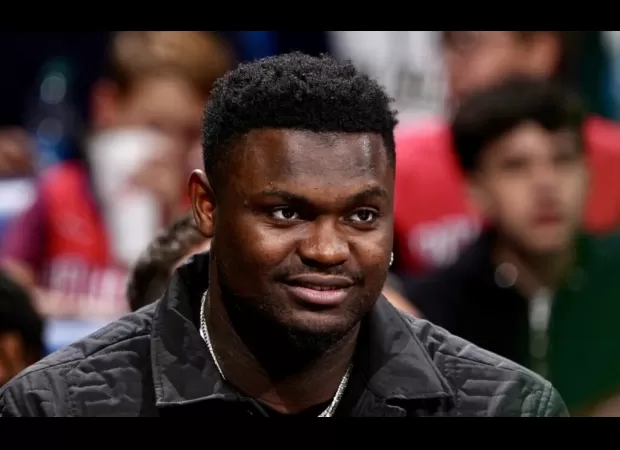Appeals court supports decision in favor of Zion Williamson.
Ford argued that the 2019 Duke men's basketball team's leader, Williamson, was not a student athlete, which was unusual.

On May 6, Judge Albert Diaz of the 4th U.S. Circuit Court of Appeals released a ruling regarding a legal dispute between New Orleans Pelicans star Zion Williamson and his former agent, Gina Ford. This ruling upheld a previous decision from 2021, which stated that the contract between Williamson and Ford was invalid. The reason for this was that Ford was not a licensed agent in North Carolina when she entered into the agreement with Williamson.
According to the Associated Press, Williamson had filed a lawsuit against Ford in 2019 after he terminated their contract and switched to Creative Artists Agency LLC before the NBA Draft. With this ruling, Williamson is now protected from any penalties he may have faced for breaking the deal, as Ford did not have the legal authority to act as a sports agent in North Carolina.
Interestingly, one of Ford's main arguments in this case was that Williamson, who was a freshman at Duke University and a key player on their basketball team in 2019, was not actually a student-athlete. As reported by Reuters, the National Basketball Association (NBA) also got involved in the case, filing a brief in support of Williamson. They argued that this was the first appellate case to interpret the definition of "student-athlete" as it is defined in the Uniform Athlete Agents Act.
According to the ruling, the Act defines a student-athlete as someone who is eligible to participate in intercollegiate sports. However, if an individual is permanently ineligible to play a specific sport, they are not considered a student-athlete for that particular sport. In this case, the court agreed with Williamson's interpretation and concluded that he was indeed a student-athlete at the time of signing the contract.
The court also noted that their interpretation of the Act was in line with the law's intended purpose. They also ruled that Williamson had the right to terminate the contract due to Ford's lack of licensure. This was further supported by the fact that the contract did not include the necessary warnings required by the Act. Even if the contract had not been void, Williamson still had the right to terminate it, which he did through email and with the help of legal counsel.
As Judge Diaz stated in the opening portion of his decision, the court did not find any merit in the counterclaims brought by Ford and her company, Prime Sports Marketing LLC. The court was tasked with interpreting the North Carolina Uniform Athlete Agents Act, which governs contracts between student-athletes and their agents. Ford and Prime argued that Williamson could not benefit from the Act's protections because he was not a student-athlete when he signed the contract. However, the court rejected this argument and granted summary judgment to Williamson on all claims brought by Prime, including those related to the contract and any potential tort claims.






